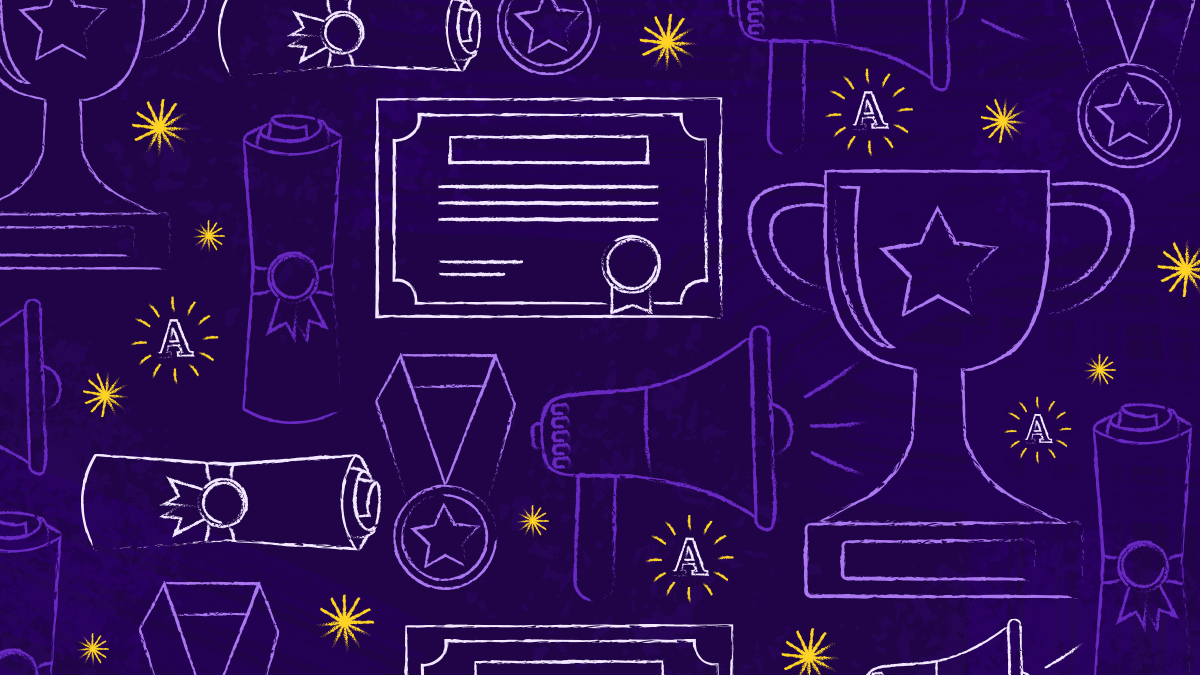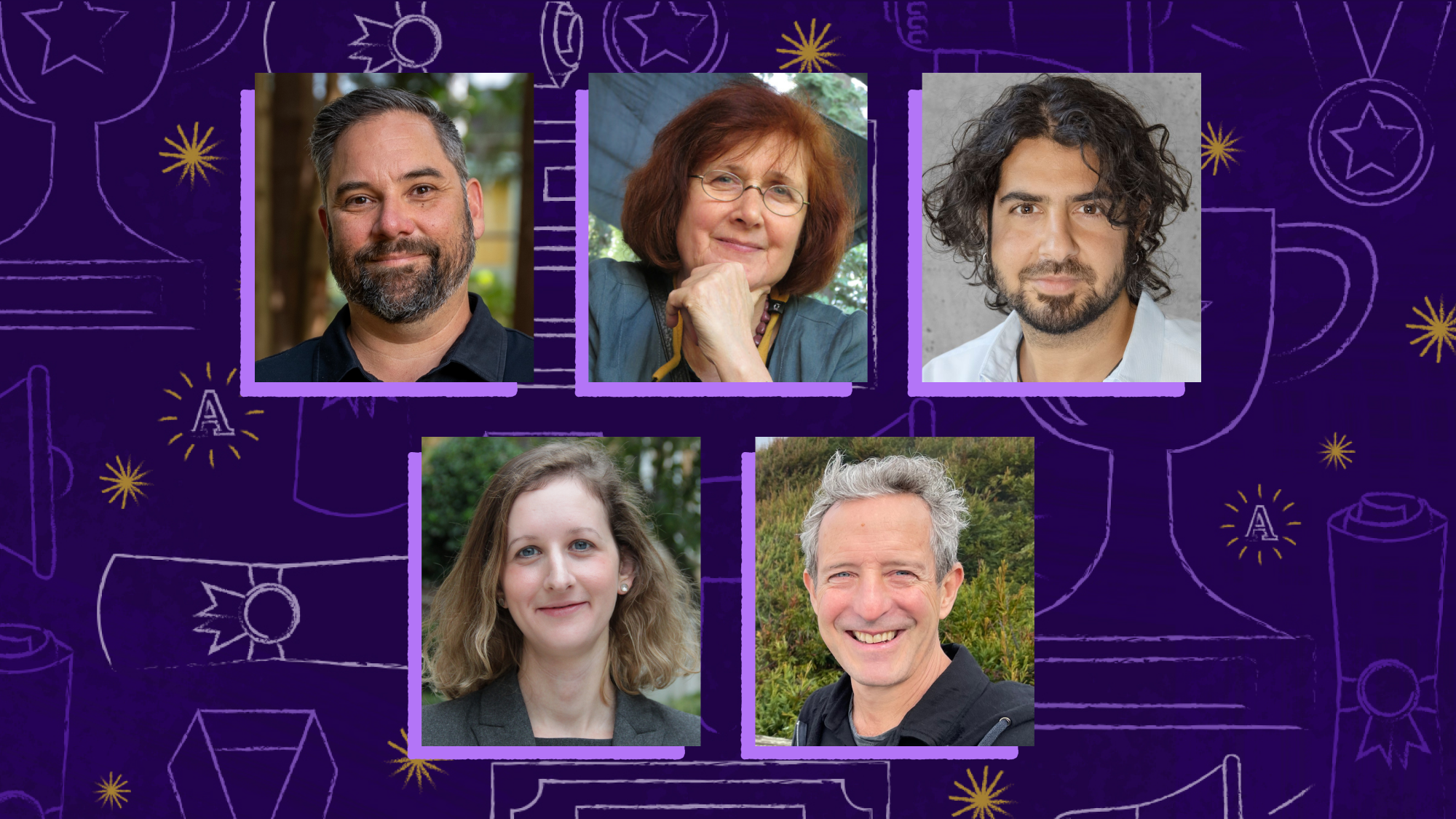

By Shannon O’Rourke
Selvan Ramis, a fourth-year psychology major, is a 2013 recipient of the Dean’s Outstanding Leader in the Faculty of Arts award. His passion for psychology is reflected in his involvement and leadership with the Psychology Students Association, undergraduate research, and mental health support organizations in Vancouver. Read on to find out what inspires Selvan’s contribution to psychology both on and off campus.
You have been highly involved in the Psychology Department at UBC. Did you always know that you wanted to major in psychology?
Even before I came to UBC, I knew that I wanted to major in psychology. I knew that I wanted to go into psychology because I’ve been intrigued by human nature since high school, or even before that. I am from an ethnic minority group from Malaysia, and I’ve faced discrimination since I was very young. That has made me question why people act a certain way and treat some people differently than others. Also, having family members with mental disorders drives me to try and understand what’s going on.
Is there any specific course or professor that has had a significant influence upon you?
Definitely Dr. Michael Souza, I took PYSC 309: Cognitive Processes with him and he inspires so many students through his teaching. He uses what I like to call “the student language”, he doesn’t use fancy vocabulary when explaining concepts and he is so approachable. I’d like to go into the teaching profession in the future, and he is one of the professors I look up to.
Dr. Paul Wehr was my Psychology 101 professor in first year and he was awesome. Even though I knew I wanted to do psychology, I wasn’t sure which particular area I was interested in. He is in evolutionary psychology and I loved the way he brought the evolutionary point of view to all the behavioral disorders and general human behaviors. I think he influenced me in terms of which particular area I want to go into.
What have been some of your most memorable extracurricular experiences, both on and off campus?
The first two or three years at UBC, I was focusing on things solely here on campus. I’m an international student, so I felt that I needed time to adjust to the new environment. Now in my fourth year, I’m also taking part in off-campus activities. I’m volunteering at Speakeasy (the AMS peer support) and also at the Fraser Health Crisis Line as a crisis line call-taker, and at Qmunity, the queer resource center.
My work at Qmunity is part of the Community-Based Experiential Learning (CBEL) component of PSYC 320: Psychology of Gender and Sex Differences. I’m doing research on adoption policies pertaining to same-sex couples. I’m conducting interviews with the agencies and couples in the Lower Mainland, and the final product is going to be a step-by-step guide for same-sex couples on how to adopt a baby.
I began volunteering as a call-taker for the Fraser Health Crisis Line on my own initiative. It’s really great because you know for sure that you are making changes in people’s lives. Even though you are just listening and offering support, when people say “you have just made my problems a lot less intimidating”, or “you just prevented me from committing suicide”, its such a rewarding thing to hear. I’ve been studying psychology for three, almost four years now, and it’s only now that I realize I can use my knowledge and skills to make real change in people’s lives.
Do you feel that it is important for students to become involved in communities outside of UBC?
Yes. For the most part, we are so fortunate to be here on campus, but the world outside UBC is quite different. I think that getting involved off campus offers a different perspective. What you get on campus is usually secure, you know what to do and you know where to get the funds. When you go off campus, you have to go the extra mile to get things done.
Tell me about your involvement in the Psychology Students Association. How have you managed to promote the association and engage other students?
I’ve been in three different roles in the Psychology Students Association. I started in my second year (fall 2010) as the Academic Coordinator, then I took up the VP Academic position, and now I am President.
The way we have gotten more people involved has been by creating new events, such as careers night and graduate school info sessions. I think new and innovative events have driven the membership numbers up, and also the fact that all the other execs also have the same drive to engage students. It’s definitely not only my effort. This year, everyone is so motivated to create more opportunities to benefit students. Dr. Michael Souza is the faculty advisor for the Psychology Students Association and he has also been a great source of support.
What inspired you to pursue undergraduate research? What is the focus of your research?
I think it’s inspiring to see how everyone in psychology is motivated to create new knowledge, and that students have the opportunity to take part in that. That’s why I joined as a volunteer in my second year, and now I am doing both a directed studies and an honours project.
My directed studies project focuses on parental care motives, the motivation to provide parental care and how people react differently when their parental care motives are activated. I’ve been working on this project for two years. I was involved in creating the study and the professors directly supervise me. I’m running the study by myself now, and we will analyze it at the end of the term. For my honours project, I am working on studying the relationship between self-compassion and sexual functioning. I’m mainly interested in the evolutionary underpinnings of human behavior, and also how to use that to understand human relationships and well-being.
What are some of the benefits of participating in undergraduate research?
I think it’s really important to try it out and see if research is your thing, that’s the main point. Also, it will help you to discover your passion. Psychology, for example, is so broad, and you don’t get the exposure to such specific topics through courses as you do through research.
One of the biggest things that research has taught me is the process of how psychological knowledge is created in the field, and I’ve acquired the skills to conduct my own research. I definitely need more training, but now I have the basic understanding. Also, it’s made me realize that I want to be doing some research, but I am more passionate about teaching.
Tell me about your role in coordinating the Psychology Undergraduate Research Conference. How did you manage to attract experts in the field to speak/present at the conference?
The idea of the Psychology Undergraduate Research Conference is to provide a platform for undergraduate researchers in the Psychology Department to gain experience presenting at a conference. Students get to see what their peers have been working on for the entire year. The conference has been growing each year, with more and more people going, and more students looking to present their work.
To attract experts, I definitely had help from the faculty advisor Dr. Michael Souza, and also support from the Department. In some of the cases, we invited international speakers, so that’s a pretty big cost, and the Department was very supportive in terms of getting them here. In terms of convincing them, I think people really like the idea of having undergrads present at a conference because most undergraduate university students don’t get the chance to do so.
How have you managed to balance your numerous leadership roles and involvement with academics?
I treat all of my commitments as academic courses so that I pay equal attention to all. What helps me to balance is doing things that I really enjoy. I don’t usually get overwhelmed because I know that I am doing what I want to do. I feel that as long as you like what you are doing, you will find the motivation to keep going.
What advice would you give to a UBC student who is looking to become involved and connected at UBC, but isn’t sure where to start?
I think every student leader on campus has the intention to create opportunities and engage students, so I think it’s essential to connect with the student leaders. It’s taking that first step to ask, and then you will get to know the opportunities and what you might be able to do to reach your passion. Some students might not really know what they are into, and in that case, it’s all about exploring the opportunities that are out there. If you go into something and you don’t like it, it’s ok to move on to something different. I think one of the best places to find out about involvement opportunities is the Center for Student Involvement (CSI). There are so many things, it’s about taking little steps to success.
Do you feel that your involvement at both UBC and in community organizations has prepared you well for life after graduation? Do you have any immediate plans?
Absolutely. My biggest goal in studying psychology was to better understand the human mind, behaviors, and emotions. I think I’ve learned the knowledge and have been able to apply it and gain practical experiences.
After graduation, I am going back to Malaysia. There are two options: either I’ll go into the workforce for a year or pursue my master’s degree. Whatever I do, my ultimate goal is to become a professor of psychology, and inspire students the way that the professors here have inspired me.

